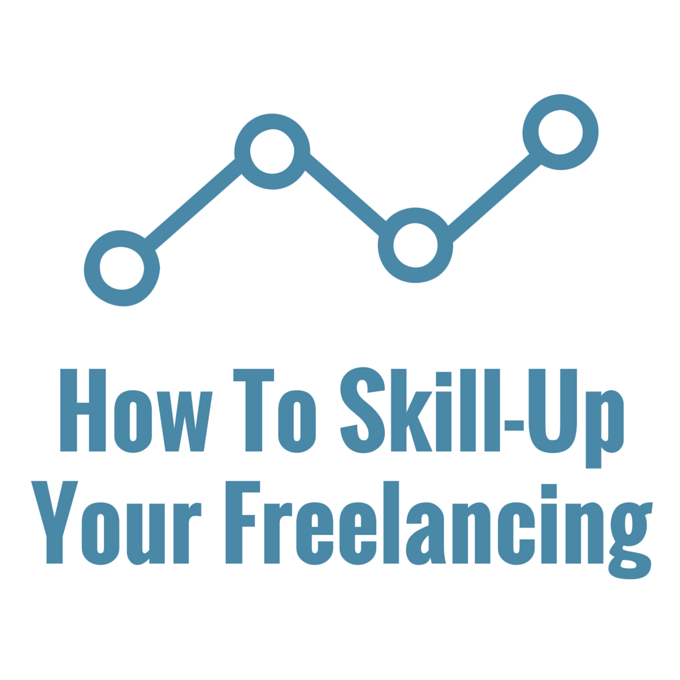
I’ve written a lot about my freelance journey and about a lot of my favourite resources for running a microbusiness. In addition to my mantra about working on my business as well as in my business, I have to keep on top of the latest trends and relevant skills. As freelancers, we have to work on our skills without a board member to send us to a seminar or call in a training squad. Here are my tips on skilling up.
There’s a lot of talk about digital natives – oh, we millennials and our innate skills and internet prowess. But the truth is that almost everything I know about working in digital content and marketing, and all of my related skills, are learned. I can navigate around faster than the average 40 year-old, sure, but no-one is born knowing how to craft an excellent call to action or photoshop an image.
Skilling up is important to me, and this year I’ve focused a lot on multimedia, particularly audio and image editing – but more about those below. Here are three resources that helped me to skill up this year.
Business Training & Mentoring
Last year, I won a place on the Flourish programme from the Cultural Enterprise Office here in Glasgow. The programme included 4 days of business training along with private sessions with a mentor.
The time and space it afforded me to refine my business model, think about customers and plan growth was so welcome, and the mentoring sessions were a lot like business therapy. Whenever things are slow or I’m struggling with a recurring problem, I have advice to remember and apply to the new situation. It has been invaluable.
DIY Practice-Based Learning
Being a digital autodidact is a great asset, particularly these days. There’s tons of great software, online and off, that’s easy to use when you put in the time to learn to use it.
This year I embarked on a new audio project with my friend Holly. Making our podcast, Bookish Blether, has given me a chance to work on my audio production skills, particularly the use of GarageBand for audio editing. Now I feel ready to move on to more professional software and am looking into more options to up our game even more.
I’ve also taken visual content more seriously, creating my own header images and video thumbnails. I have a reasonably good eye but have never been happy with my artistic skill. While my cobbled together header images aren’t necessarily works of art, they’re eye-catching, and trying harder and making that extra effort was necessary so as not to be left behind. It has also raised the bar for the standard of content I’m willing to publish.
The secret? I’ve been using the free online software at Canva – give it a shot yourself.
E-Courses with CreativeLive
Another audio-related course I’ve taken this year is Alex Blumberg’s Power Your Podcast With Storytelling with CreativeLive. It’s up to you to make time to work on these, and it has taken me a while to work my way through this one. However I found it’s a great way to gee yourself up when you’re feeling uninspired, and I learned a lot from this one.
CreativeLive is a great platform that brings in experts to teach 1–3 day workshops across creative disciplines including photography, video, design, business, and audio. You can log in and watch live online workshops free in real-time, or you can purchase the course materials and watch the training in your own time. Some of the courses are quite entry-level, while others are more advanced, so even if you’re just thinking of starting up there might be some workshops that are relevant to you.
They also have a fantastic blog, by the way.
Your Turn
How do you skill up in your business? How do you decide which skills you need or want to add to your personal toolkit?
